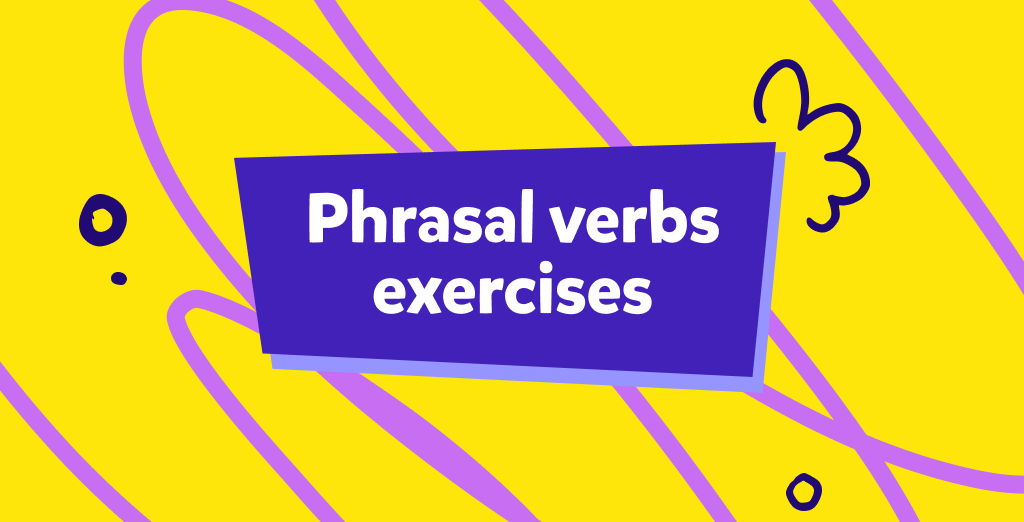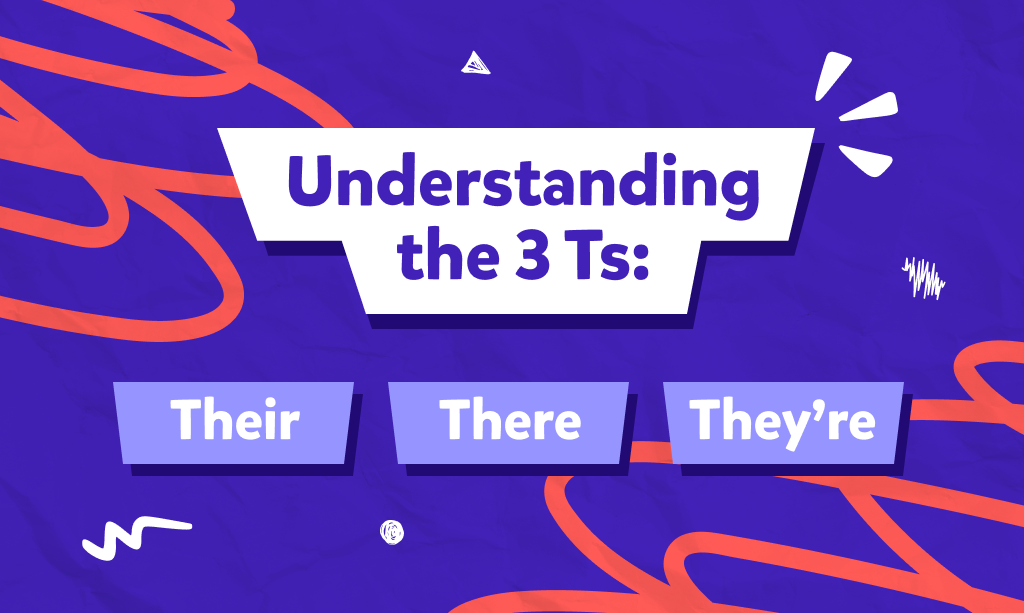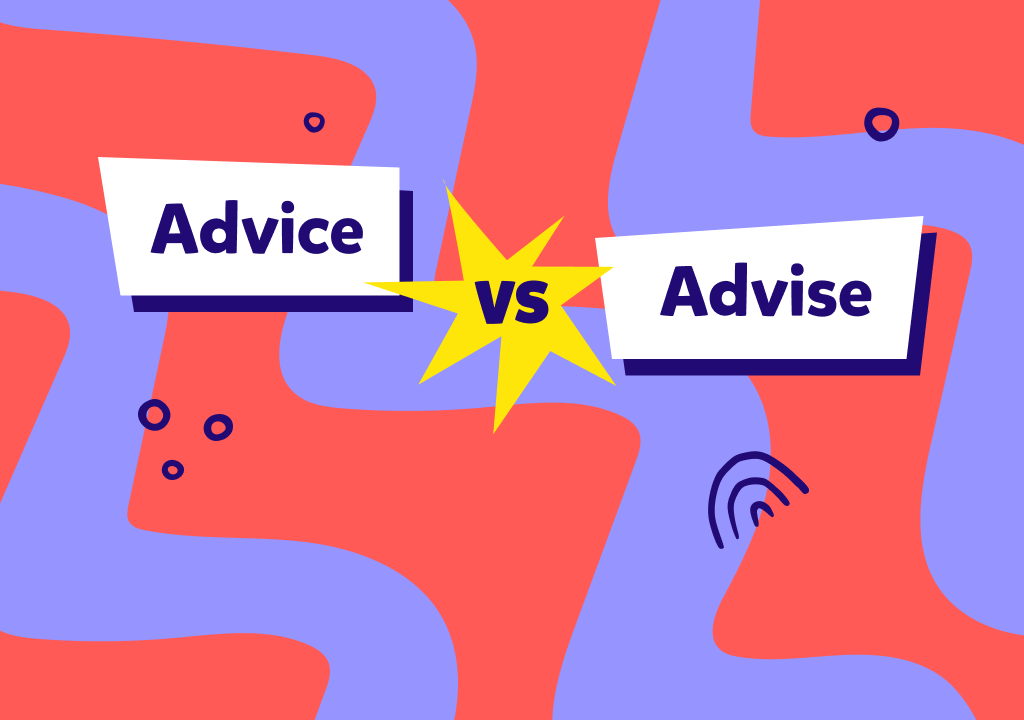- Praktyczne zadania do rozwiązywania Phrasal Verbs
- Ćwiczenia: Uzupełnij lukę (Fill the Gap)
- Ćwiczenia: Wybierz odpowiedni phrasal verb
- Ćwiczenia: Przekształć zdanie używając phrasal verb
- Dopasuj phrasal verb do jego znaczenia
Phrasal Verbs, czyli czasowniki frazowe, to frazy składające się z czasownika i przyimka lub przysłówka, które razem tworzą nowe znaczenie, często całkowicie odmienne od pierwotnego znaczenia.
Na przykład, czasownik „give” oznacza „dać”, ale w połączeniu z przyimkiem „up” (give up) zmienia znaczenie na „poddać się” lub „zrezygnować”.
Są one powszechnie używane w języku angielskim, zwłaszcza w mowie potocznej, i mogą sprawiać trudność osobom uczącym się tego języka. Aby opanować phrasal verbs, ważne jest, by wykonywać jak najwięcej ćwiczeń związanych z codziennymi sytuacjami.
Dlatego przygotowaliśmy zestaw interaktywnych zadań, które pomogą Ci zrozumieć i zapamiętać różne phrasal verbs w praktyce! Wykonuj je regularnie, a szybko staną się one dla Ciebie naturalną częścią języka angielskiego.
Praktyczne zadania do rozwiązywania Phrasal Verbs
Poniżej znajdziesz różnorodne ćwiczenia, które pomogą Ci lepiej zrozumieć i utrwalić phrasal verbs. Znajdziesz tu zadania typu „wypełnij lukę”, gdzie uzupełnisz zdania odpowiednią formą czasownika, testy wyboru, w których wskażesz poprawną odpowiedź, oraz inne ćwiczenia, które pozwolą Ci sprawdzić, czy znasz znaczenia poszczególnych wyrażeń.
Te zadania pozwolą Ci usystematyzować wiedzę, sprawdzając jednocześnie, jak dobrze radzisz sobie z używaniem Phrasal Verbs w różnych kontekstach. To co? Zaczynamy?
Ćwiczenia: Uzupełnij lukę (Fill the Gap)
A. Zdania proste
Uzupełnij zdania odpowiednią formą czasownika. Te ćwiczenia skupiają się na stosowaniu phrasal verbs w czasie ogólnym, co jest idealne do opisywania codziennych czynności oraz hobby. Dzięki nim nauczysz się formułować proste, kompleksowe myśli, które będą niezbędne do płynnego opowiadania o swoich codziennych rutynach czy ulubionych zajęciach.
Przykłady:
-
- He always ___ early to go fishing on weekends. (get up)
- She ___ her blog after work every evening. (work on)
- They often ___ friends at the local café. (run into)
- I sometimes ___ my expenses to keep my budget. (go over)
- Can you ___ the volume? I love this song! (turn up)
- She usually ___ offers to go out when she’s too busy. (turn down)
- They always ___ to the weekend to relax and unwind. (look forward)
- He frequently ___ with creative solutions at work. (come up)
- She ___ her old dance shoes to try salsa dancing. (dig out)
- Every weekend, they ___ old items to declutter their home. (clear away)
- Can we ___ the vacation plans tonight? (talk over)
- He sometimes ___ interesting articles while researching. (come across)
- I regularly ___ at the local gym to stay fit. (work out)
- She often ___ joining new courses to learn more skills. (think about)
- They usually ___ seeing a new movie every month. (plan on)
Odpowiedzi 
- gets up
- works on
- runs into
- go over
- turn up
- turns down
- look forward
- comes up
- digs out
- clear away
- talk over
- comes across
- work out
- thinks about
- plan on
B. Zdania w różnych czasach
Uzupełnij zdania poprawną formą czasownika w odpowiednim czasie. Te ćwiczenia pozwolą Ci zastosować czasowniki frazowe w różnych strukturach czasowych, co pomoże Ci w precyzyjnym opisywaniu przeszłych, obecnych i przyszłych wydarzeń.
- I ___ seeing you next week. (look forward to)
- He had ___ smoking years ago. (give up)
- We have ___ all the details for the trip. (figure out)
- They will ___ at the hotel by noon. (check in)
- Every morning, he ___ his emails before getting out of bed (check on)
- He ___ to her emails yet. (not respond)
- She ___ with her presentation when the power went out. (come up)
- Yesterday, I ___ late because my alarm didn’t go off (wake up)
- Right now, they ___ at the gym to improve their fitness (work out)
- Last week, she ___ her final essay and felt relieved (turn in)
- We ___ the details of the contract tomorrow morning (go over)
- He always ___ his vacation at the end of the year (look forward to)
- They had ___ milk, so I went to the store to buy some (run out of)
- By the time you arrive, we ___ the decorations for the party (set up)
- She ___ painting as a hobby when she retired (take up)
Odpowiedzi 
- look forward to
- given up
- figured out
- check in
- checks on
- hasn’t responded
- was coming up
- woke up
- are working out
- turned in
- will go over
- looks forward to
- had run out of
- will have set up
- took up
C. Zdania z różnymi częściami mowy
- Could you ___ ___ my dog while I’m on vacation? (look after)
- We are ___ ___ the rain to stop before we go outside. (wait for)
- He ___ ___ a refund after finding a defect in the product. (ask for)
- She needs to ___ ___ her travel arrangements soon. (deal with)
- I ___ ___ my team to finish the project on time. (count on)
- She ___ ___ the volume because it was too loud. (turn down)
- The car ___ ___ on the side of the highway. (broke down)
- He ___ ___ early every morning to exercise. (get up)
- I ___ ___ an interesting book in the library. (came across)
- They ___ ___ all the details of the agreement last night. (work out)
- Can you ___ the music ___? It’s a bit too loud. (turn down)
- She ___ the offer ___ after thinking it over for a few days. (turn down)
- I need to ___ my room ___ before my parents visit. (clean up)
- They ___ the meeting ___ by an hour to accommodate everyone. (put off)
- He ___ his old friend ___ in the crowd at the concert. (pick out)
Odpowiedzi 
- Could you look after my dog while I’m on vacation? (look after)
- We are waiting for the rain to stop before we go outside. (waiting for)
- He asked for a refund after finding a defect in the product. (asked for)
- She needs to deal with her travel arrangements soon. (deal with)
- I count on my team to finish the project on time. (count on)
- She turned down the volume because it was too loud. (turned down)
- The car broke down on the side of the highway. (broke down)
- He gets up early every morning to exercise. (gets up)
- I came across an interesting book in the library. (came across)
- They worked out all the details of the agreement last night. (worked out)
- Can you turn down the music? It’s a bit too loud. (turn down)
- She turned down the offer after thinking it over for a few days. (turned down)
- I need to clean up my room before my parents visit. (clean up)
- They put off the meeting by an hour to accommodate everyone. (put off)
- He picked out his old friend in the crowd at the concert. (picked out)
Ćwiczenia: Wybierz odpowiedni phrasal verb
A. Zdania z kilkoma opcjami
Te ćwiczenia pomogą Ci w zrozumieniu i prawidłowym stosowaniu różnych phrasal verbs w kontekstach, które mogą być podobne, ale wymagają precyzyjnego doboru słownictwa. Każde zdanie zawiera kilka opcji, spośród których należy wybrać czasownik, który najlepiej pasuje do kontekstu zdania.
I'm really tired. I need to ___ for a while. (lie down / put up with / look up to) 
lie down
She always ___ her older sister. (comes across / gets on with / looks up to) 
looks up to
Can you ___ the number for the nearest pizza place? (look up / carry on / turn down) 
look up
He doesn’t ___ very well with his coworkers. (hold on to / run into / get on with) 
get on with
They decided to ___ the meeting until everyone could attend. (bring up / put off / go over) 
put off
After the movie, we should ___ a place to eat. (check out / pick up / come across) 
check out
She had to ___ his rude behavior during the meeting. (put up with / lie down / get on with) 
put up with
I often ___ interesting articles in that magazine. (look up to / put off / come across) 
come across
It’s getting late; let’s ___ the details tomorrow. (hold on to / put up with / go over) 
go over
He’s someone I really ___ because of his integrity and hard work. (lie down / look up to / get on with) 
look up to
B. Zdania z kontekstem
W tej części znajdziesz ćwiczenia ze zdaniami prezentującymi specyficzną sytuację, która pomoże Ci zrozumieć, jak wybierać najbardziej odpowiedni czasownik frazowy w zależności od kontekstu.
When it's late and the library is about to close, I usually ___ my books and leave. (pick up / pack up / put away) 
pack up
If you're not sure about the road, you should ___ a map or use a GPS. (check out / look up / find out) 
look up
Whenever she visits new cities, she loves to ___ local cafes and restaurants. (check out / come across / run into) 
check out
He's not feeling well today; he might ___ the afternoon meeting. (skip over / sit out / miss out) 
sit out
I accidentally ___ her private diary in her room. (looked through / came across / found out) 
came across
After finding a mistake, you should ___ it to the team so it can be fixed. (point out / bring up / talk over) 
bring up
To keep fit, I ___ jogging in the park every morning. (start up / take up / keep up) 
take up
We were shocked to ___ such rude behavior from our normally polite neighbor. (witness/ come across / encounter) 
come across
When she feels overwhelmed, she likes to ___ some time alone to decompress. (save up / set aside / make up) 
set aside
They will need to ___ their differences if they want to continue the project together. (get over / go through / work out) 
work out
Ćwiczenia: Przekształć zdanie używając phrasal verb
A. Zdania z synonimami
Poniższe zadania polegają na doborze synonimów do użytych w zdaniu czasowników. Zadanie to pomoże Ci zrozumieć i nauczyć się zamienników słów, które często występują w języku angielskim, co ułatwi bardziej różnorodne i precyzyjne formułowanie wypowiedzi.
Przykłady:
She postponed the meeting. 
put off
He cancelled the appointment. 
called off
They delayed the project. 
held up
I discarded the old documents. 
threw away
We shortened the presentation. 
cut down
She terminated the contract. 
ended
He solved the problem. 
resolved
They restored the old building. 
refurbished
She revealed the secret. 
disclosed
We expanded the team. 
enlarged
B. Zdania z podobnym znaczeniem
Przy każdym z poniższych zdań, w nawiasie podany jest czasownik frazowy, którego należy użyć, aby przekształcić podany przykład w sposób zachowujący jego pierwotne znaczenie. Ćwiczenie to doskonale wzmacnia zrozumienie synonimów i różnorodnych form wyrażania tych samych myśli, co jest niezmiernie przydatne w płynnym i efektywnym komunikowaniu się.
- I need to begin working on this task immediately. (set about)
- We must continue the discussion tomorrow. (carry on)
- He decided to end the agreement prematurely. (cut off)
- She wishes to reveal her findings at the conference. (lay out)
- They have to examine the data carefully. (go over)
- It’s crucial that we address this issue right away. (take up)
- Let’s finally discuss the details of our plan. (talk through)
- We should stop delaying our decision. (stop putting off)
- It’s time to thoroughly investigate the mystery. (dig into)
- She plans to enhance her skills this year. (build on)
Odpowiedzi 
- I need to set about this task immediately.
- We must carry on the discussion tomorrow.
- He decided to cut off the agreement prematurely.
- She wishes to lay out her findings at the conference.
- They have to go over the data carefully.
- It’s crucial that we take up this issue right away.
- Let’s finally talk through the details of our plan.
- We should stop putting off our decision.
- It’s time to dig into the mystery thoroughly.
- She plans to build on her skills this year.
Dopasuj phrasal verb do jego znaczenia
To ćwiczenie pomoże Ci w lepszym zrozumieniu i zapamiętaniu znaczeń popularnych phrasal verbs poprzez dopasowanie ich do odpowiednich definicji. Ćwiczenie to rozwija zdolność do interpretacji i zastosowania phrasal verbs w różnych kontekstach językowych.
Mamy nadzieję, że nasze ćwiczenia pomogły Ci lepiej zrozumieć i utrwalić użycie phrasal verbs. Regularne powracanie do tych przykładów i sprawdzanie swojej wiedzy znacznie poprawi Twoją płynność w języku angielskim. Pamiętaj, że praktyka czyni mistrza, a częste ćwiczenia z phrasal verbs pozwolą Ci osiągnąć biegłość w ich stosowaniu.
Jeśli chcesz kontynuować naukę i ćwiczyć język angielski podczas angażujących zajęć prowadzonych przez native speakerów, rozważ zapisanie się na kursy językowe w szkole językowej Novakid. Znajdziesz tutaj lekcje dla początkujących dzieci, jak i tych, które już opanowały podstawy języka angielskiego. Odwiedź naszą stronę i zapisz się na bezpłatną lekcję próbną!








































